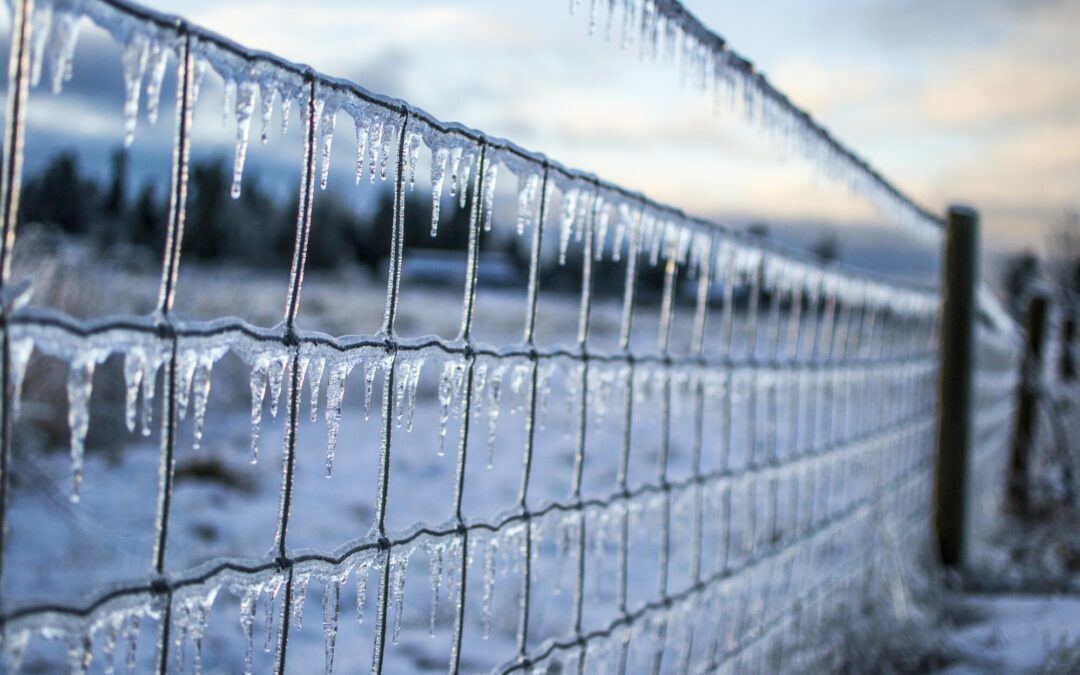Are you a home or business owner worried about the effects of extreme temperatures on your garage floor?
Both blazing hot days in the summer and freezing cold nights in the winter can affect the look, feel, and overall structure of your garage floor.
Luckily, you can avoid many of those garage floor disasters by learning to identify the common problems and then choosing the right solutions. Read on to learn how.
How Extreme Temperatures Affect Garage Floors
Extreme temperatures can affect a garage floor because most garage floors are made of concrete.
Although concrete surfaces are amazing in terms of durability, stiffness, and fire resistance, they aren’t perfect— especially when you take into account the effect of extreme temperatures.
Both extreme heat and extreme cold can cause concrete to crack. The heat causes expansion and the cold causes shrinkage. In both cases, the end result is the same: damaged concrete.
That damaged concrete can cause problems to show up in the protective coating that’s layered on top.
That being said, not all coatings are created equal. Some protect your garage floor better than others.
Common Problems Caused by Extreme Temperatures
Epoxy is one of the most common coatings added to a garage floor. Although it can make your garage floor clean and slip-resistant, epoxy coatings can also cause problems — in particular, problems related to extreme heat.
When epoxy coatings get hit by enough direct sunlight, they either turn yellow or fade. This can give your garage floor an unpleasant look.
However, extreme heat isn’t the only source of problems. Garage floors are also vulnerable to extremely cold temperatures.
As we saw above, cold causes a concrete surface to shrink. This can end up causing cracks that show up in the protective layer — especially if that protective layer isn’t durable enough.
How to Protect a Garage Floor From Extreme Temperatures
One of the best ways to protect a garage floor from extreme temperatures is to lay down a highly-durable protective coating over the concrete surface below.
We suggest using a polyurea coating. There are many benefits of a polyurea coating over an epoxy coating — especially when it comes to extreme temperatures.
A properly applied polyurea coating can do the following:
- Block out the harmful UV rays that cause garage floor damage in the summer
- Provide up to 20 times more durability than epoxy
- Take a lot less time to cure and dry (one day versus three or four days)
- Protect against fading and yellowing
To ensure the proper application of a polyurea coating, it’s best to rely on professional installation.
Extreme Temperature Protection With Garage Force
As we’ve seen, extreme temperatures can wreak havoc on your garage floors. That’s because extreme heat and extreme cold don’t play well with concrete floors and concrete surfaces. To avoid a cracked or faded floor, it’s essential to protect your garage floor with a durable coating.
Garage Force’s team can help protect your garage floor by providing excellent polyurea coatings that avoid the negative effects of extreme weather. Reach out to us today to learn how.

